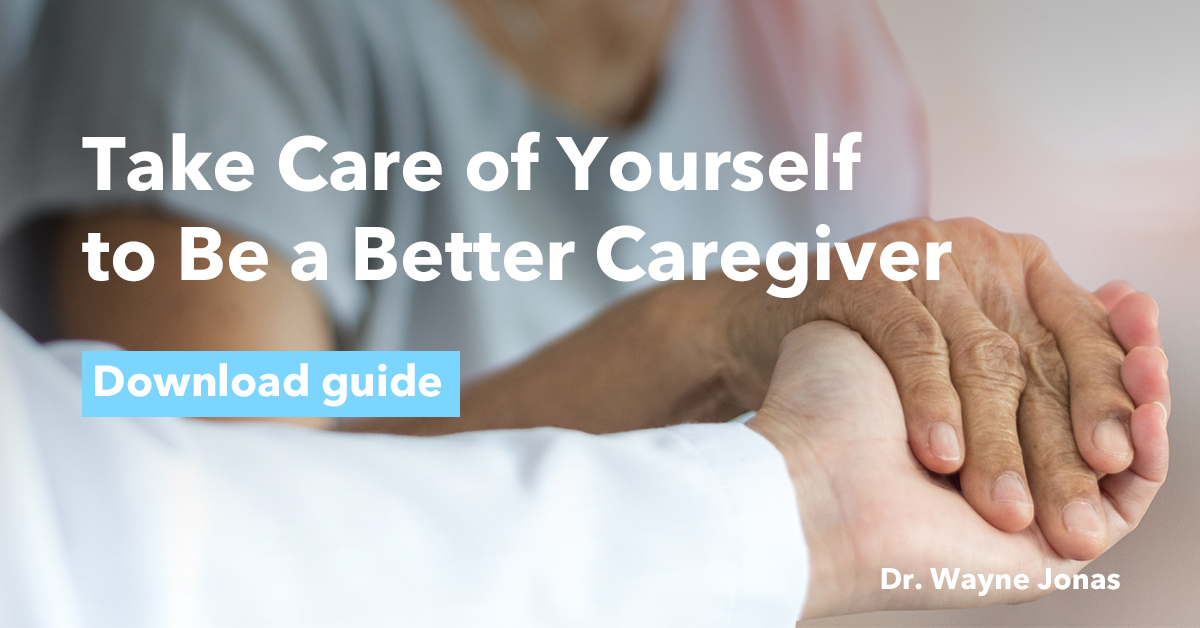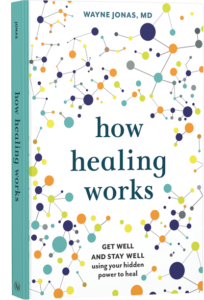Are you 65 or older? If the answer is yes, then congratulations. You are part of the largest group of older Americans ever seen in our country.
Indeed, 10,000 people turn 65 years old every day, and those aged 85 and older now make up the fastest growing demographic in the United States.
To some, it feels that this time of life is a time of endings. But it shouldn’t be. Because the more active you remain—both physically and mentally—the more successful this time of life will be. About the worst thing you could do is shut yourself off in your room and assume the best is over. In many ways, despite the many on-going challenges, the best is yet to come.
Your goal should be healthy aging based on how you define healthy. For some, that means playing golf twice a week. For others, it means safely attending church every Sunday and cooking a delicious meal. We know so many who are thrilled with their active life despite perceived limitations like a wheelchair, pacemaker, or whatever may be a common factor in your life at this age.
Meaning and purpose become the most important guide to a life of wellbeing and an overwhelmed critical element to that—and healthy aging, in general—are relationships.
Get Along with the Help of Your Friends
As we’ve learned, healing relationships are built on a foundation of trust, honesty, and compassion and while forming (and fostering) these types of social support systems will greatly benefit those of a certain age, it is just as useful to develop similar relationships earlier in life.
One of the most important components to successful aging doesn’t come in a pill bottle, a grocery store or even the gym. It comes from your environment. Specifically, the ability to stay engaged in your community and with other people. Certainly, the current COVID pandemic has made life more challenging but as the vaccine campaign continues across the country more opportunities to socialize will likely come about in the next few months.

One study of 56,436 US women ages 55 to 72 found that after controlling for individual health behaviors like smoking, physical activity and weight, one of the most important elements to healthy aging was a person’s social network, that is, having close friends and relatives.
Those without a close friend had four-and-a-half times worse physical function and more than five times less vitality. In fact, the researchers found the effects of a poor social network were just as devastating to the an individual’s health as being a heavy smoker or extremely obese.
If you already have a strong social network, good for you! If not, try the following:
- Volunteer. There is always an organization that needs you. Good resources include the Corporation for National and Community Service, Senior Corps’ Foster Grandparent or Senior Companions program and the AARP Foundation Experience Corp, which helps children improve their reading skills.
- Safely meet up with others. You can find groups in your area that do everything from hiking and birding, to knitting, to playing the ukulele, most of which can be down safely, outdoors with the proper precautions. Many groups are also age specific, so if you want to hang with your peers, you can do that, too.
- Start a new hobby. Always wanted to learn to play the piano? It’s never too late. How about learning a new language? Cooking? Becoming a master gardener? The possibilities are limitless, especially in the internet age, so explore online.
- Join a small gym. Many of today’s gyms involve small facilities that nurture not only physical health, but a sense of community—and a large portion are offering virtual classes. All are accessible regardless of your age. Participating in this type of community-focused exercise means you can tackle all three of the elements of successful aging—physical health, cognitive strength and social interactions—at once!
Research finds three factors related to successful aging: maintaining your physical function, your cognitive function (eg, memory, decision-making, etc.) and continued involvement in social activities and productive pursuits. All are interdependent. For instance, the more involved you are in social activities, the better your overall health and cognition.
It’s not easy right now to be fully involved in such activities but you can supplement certain ones with a simple phone call or FaceTime with friends or loved ones—so don’t give up! This time could be an opportunity to leverage technology and learn a number of new skills that help nurture healing relationships.
The reality is that we’re all aging. And we’re only going in one direction—chronologically. That doesn’t have to mean we decline physically or mentally, however. If you embrace a healthy lifestyle, stay strong and maintain social connections, then these later years could be some of the best in your life.
For more information, see the full Successful Aging pocket guide here.

Your Health Into Your Own Hands
Drawing on 40 years of research and patient care, Dr. Wayne Jonas explains how 80 percent of healing occurs organically and how to activate the healing process.

